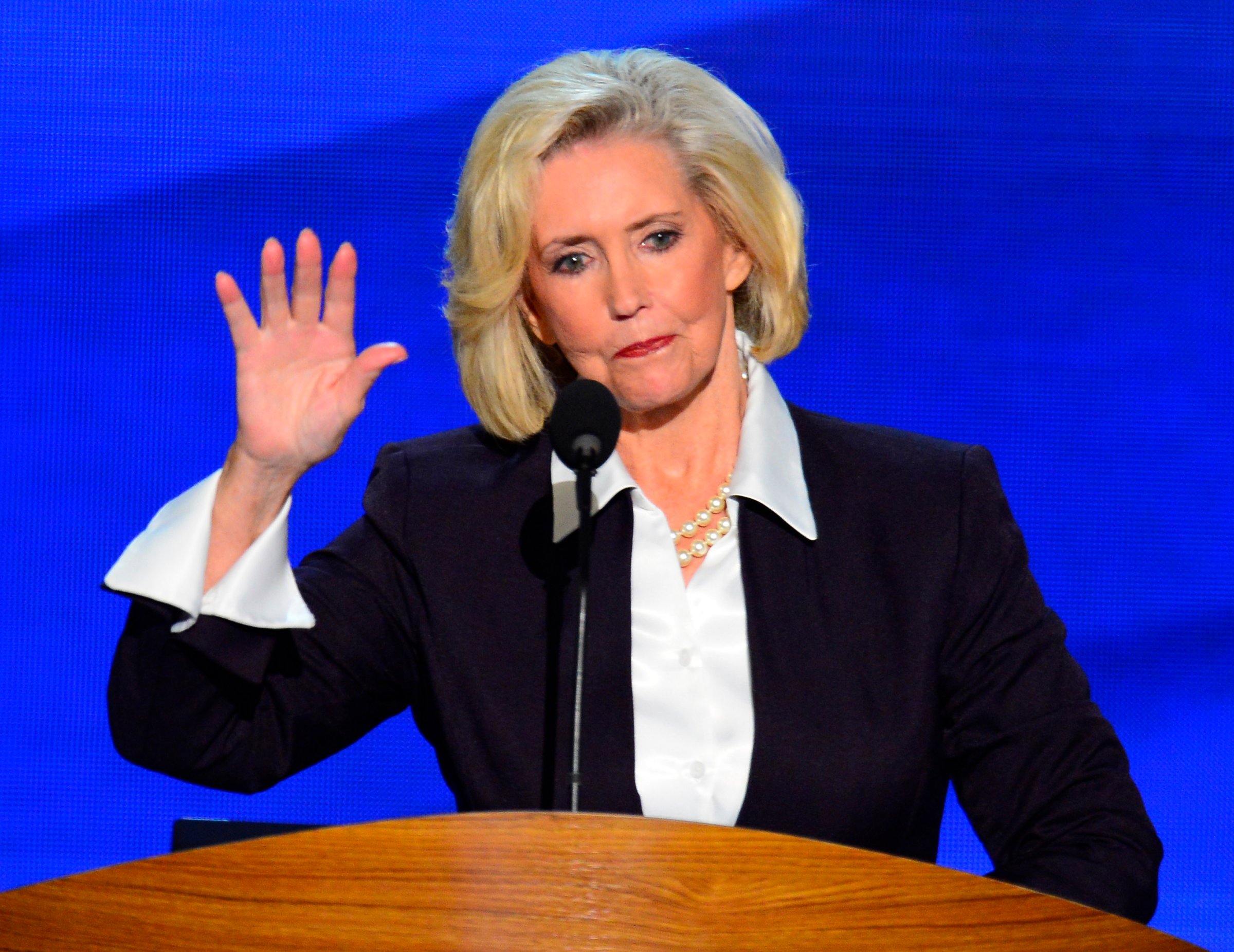
I remember watching as President Obama signed the Lilly Ledbetter Fair Pay Act in January 2009. It was the first bill he signed into law after becoming President, and it gave women greater ability to challenge unequal pay. In his remarks, the President declared that, “It’s not just unfair and illegal—but bad for business—to pay someone less because of their gender, age, race, ethnicity, religion or disability.” It was an inspiring moment in our civil rights history.
Earlier this year, I was thrilled to attend a White House event celebrating the seventh anniversary of the enactment of the Lilly Ledbetter Fair Pay Act and to finally meet the woman for whom the Act is named. Lilly Ledbetter spent almost two decades working as a supervisor at a Goodyear plant in Alabama—a job that was largely done by men. She learned through an anonymous note that she was being paid significantly less than men who were doing the same job she was doing. The difference amounted to more than $200,000 over the course of her career.
As Ledbetter has said, nobody wants to be the poster child for unequal pay. But after she received that note, that’s exactly what she became. Her battle for fair pay made its way to the U.S. Supreme Court, which decided that Lilly was not entitled to any additional compensation because she filed her claim more than 180 days after receiving her first discriminatory paycheck. Justice was not served, but the Lilly Ledbetter Fair Pay Act ensures that the 180-day statute of limitations for filing an equal-pay lawsuit regarding pay discrimination resets with each new paycheck affected by that discriminatory action.
I know firsthand how easy it is for inequality to happen. Two female leaders in my company came to me one day and said we might be paying women less than men at Salesforce. It was hard for me to believe there could be a problem—it goes against our value system. But we did the research, looking at every salary of every employee. And in fact, we found that we were paying some women less. We’ve now spent $3 million dollars to ensure that women and men are paid equally at Salesforce. We’re now more conscious about equality, and it’s a core value for the company.
Read more: 7 TED Talks That Will Make You a Better Leader
Today, on Equal Pay Day, I want to honor Lilly Ledbetter for her bravery and relentless pursuit of equality. Ledbetter has not only inspired me, but she’s helped make real change for other women across the country.
But the battle is far from over. In fact, we’re just at the very beginning. According to the World Economic Forum’s 2015 Global Gender Gap report, it will take more than 100 years to achieve economic gender parity around the world based on our current pace of change. That is unacceptable.
Read more: How To Negotiate the Problem of Women and Men Negotiating
It’s time for every CEO, every business leader, every community leader and every world leader to step up and make a commitment to equal pay and equality for all. By weaving equality into the very fabric of our companies, we can make equality for all more than just an ideal, but a reality.
Marc Benioff is the chairman and CEO of Salesforce.
More Must-Reads from TIME
- Cybersecurity Experts Are Sounding the Alarm on DOGE
- Meet the 2025 Women of the Year
- The Harsh Truth About Disability Inclusion
- Why Do More Young Adults Have Cancer?
- Colman Domingo Leads With Radical Love
- How to Get Better at Doing Things Alone
- Michelle Zauner Stares Down the Darkness
Contact us at letters@time.com